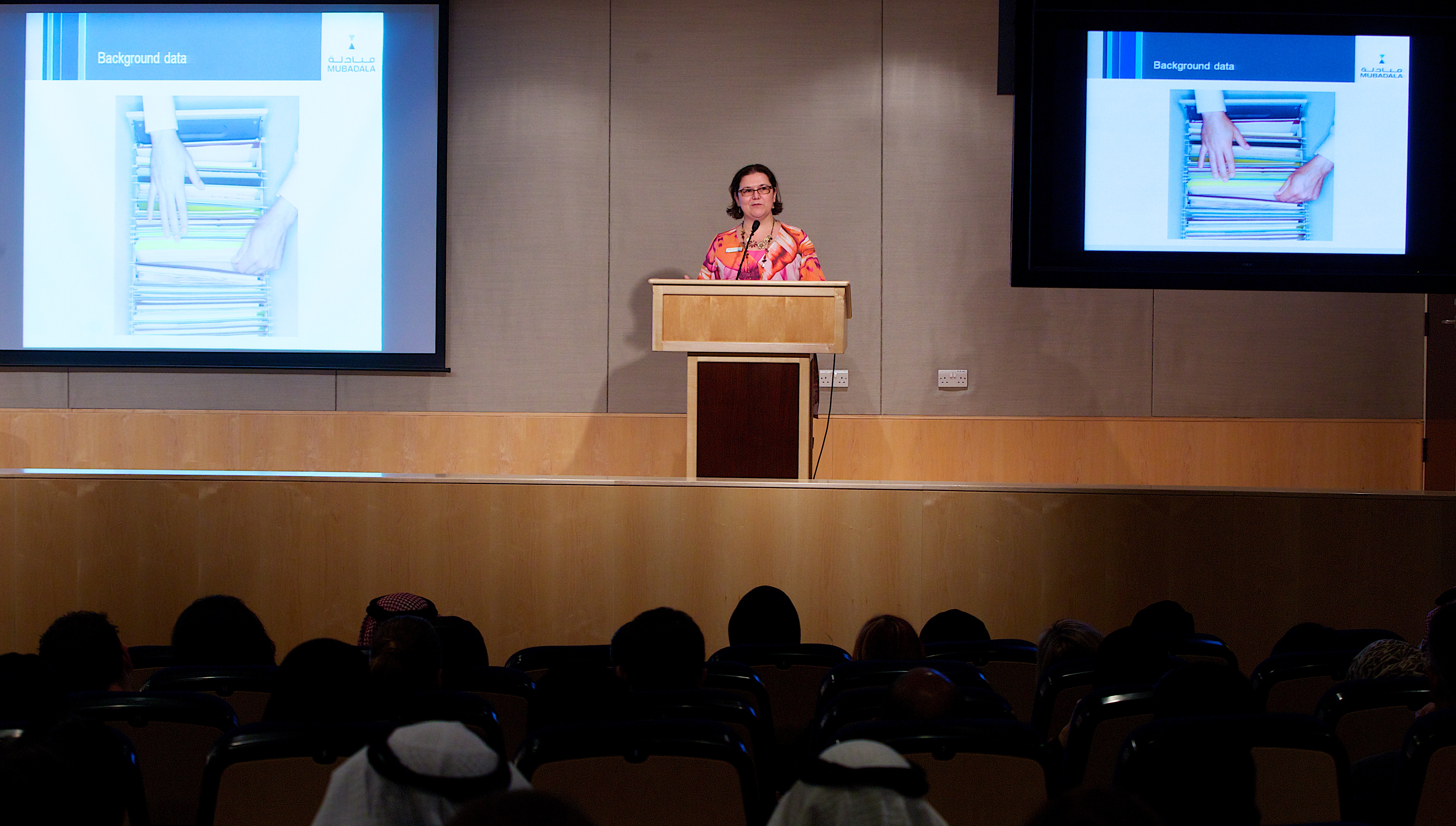You have to manage one or more Compensation & Benefits projects and want to achieve success as they form part of your objectives for the year.
Before you rush into implementation mode, here are 5 fundamental traps to avoid :
1 – Lack of executive buy-in
All projects require a clear sponsor. This is especially true for Compensation-related projects, as they involve very personally sensitive matters that affect directly all employees. Everyone cares about how they are compensated, and everyone has an opinion what should be the end result of your project. Sometimes, they even want to tell you how you should go about it, even if the employee has never had any exposure to C&B matters ! The right sponsorship is paramount to achieving success as it will help get the right decisions made and will untangle any sticky political situation you will, for sure, encounter during the lifetime of your project.
2 – Wrong, unskilled or not dedicated resources
This one is pretty self-explanatory. Yet, especially in emerging markets where there is a real scarcity of actual, proven C&B talent, very often you end up having to work on your project with people who are not knowledgeable enough. This is often compounded by the fact that those resources are short of time to allocate to your assignment. Compensation & Benefits projects often require a lot of cooperation in order to be effective and propose solutions that are realistic and easy to implement. You need to work with Finance, Marketing, IT, employees, Sales, management, HRBPs…. If the representatives from each stakeholder are not really involved in the project due to lack of time or lack of skills, your end-result will be thoroughly impacted and it could derail your whole work.
3 – No communication on progress throughout the project
It is easy to get caught up in all the activities related to the project. The to-do list is long, there are a lot of necessary interactions, multiple strands of work to handle at the same time… As project leader, you focus your attention on ensuring that things are under control and progressing as planned. There are so many things to do, that you don’t take the time to maintain the communication channels open with all the constituents of your project : your executive sponsors, your natural supporters in the business (the ones who were loudly requesting you to work on the topic), the representatives of employees…. sometimes even your own boss ! Well, this is a major oversight. Keeping the communication line open throughout the life of the project is one of the best ways to spend your time as it ensures that you are staying aligned with the needs of your internal customers, you get feedback on regular checkpoints, and you build buy-in for the end-result before even announcing it officially.
4 – Inappropriate project management processes
When you don’t manage your Compensation project properly, obviously you end up missing deadlines, not delivering or delivering something which does not fit the requirements. One aspect of project management which is often overlooked at the beginning of the assignment is the clear establishment of decision-making rules. Governance is crucial in projects. If you don’t set the rules at the beginning, confusion will reign, you will lose time, and may end up having to re-do whole sections of the work, because decisions were made at the wrong level and are being overturned by the actual owner of the decision. So take the time to get agreement on who decides what and when, ensure that you have access to the decision-makers, and your project will not be delayed or derailed because of wrong decisions.
5 – No change management before and during implementation
Compensation & Benefits projects tend to be highly technical in content. You have to understand legal, fiscal, financial, mathematical/statistical aspects of HR and the impacts and limitations of HRIS and other IT systems in the development of the solution. A lot of people who specialise in Compensation & Benefits are actually the “geeks” of HR. They love these specialised aspects of the job, and naturally gravitate towards them. So the risk is relatively high that other sides of the project may be slightly neglected. For instance, psychological aspects of the changes introduced through the project could be under-estimated. If change management actions are not introduced early enough before the project comes live to the organisation, and during the deployment, the whole thing could fail. The organisation will reject the most beautifully designed and technically perfect solution if its launch and implementation are not supportive of the company culture and presented in a manner that is acceptable for the population impacted.
Keep in mind these 5 traps and you will greatly increase the chances of your project being a success, well accepted by your organisation and adapted to its needs.
Liked this post ? Why don’t you share it on LinkedIn or Facebook ? Simply click on the link below and help your friends and connections benefit from it too !
Related posts
Are you benchmarking… or copying ?
7 steps to compensation programme design – the basics
Why every word counts in Compensation & Benefits


Excellent article (as usual…)
By the way the same is true for any project
Ciao
Thierry
Merci Thierry !